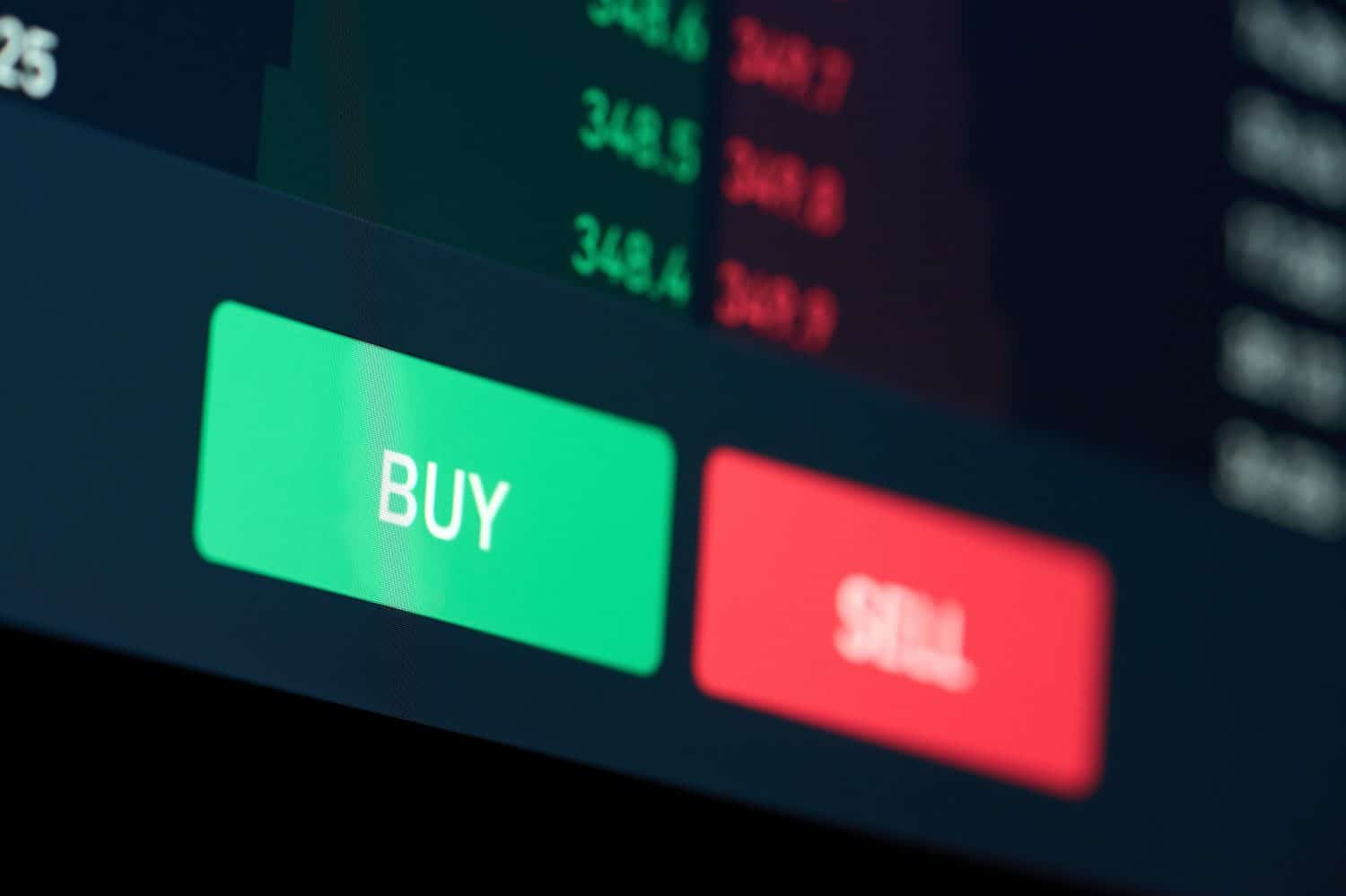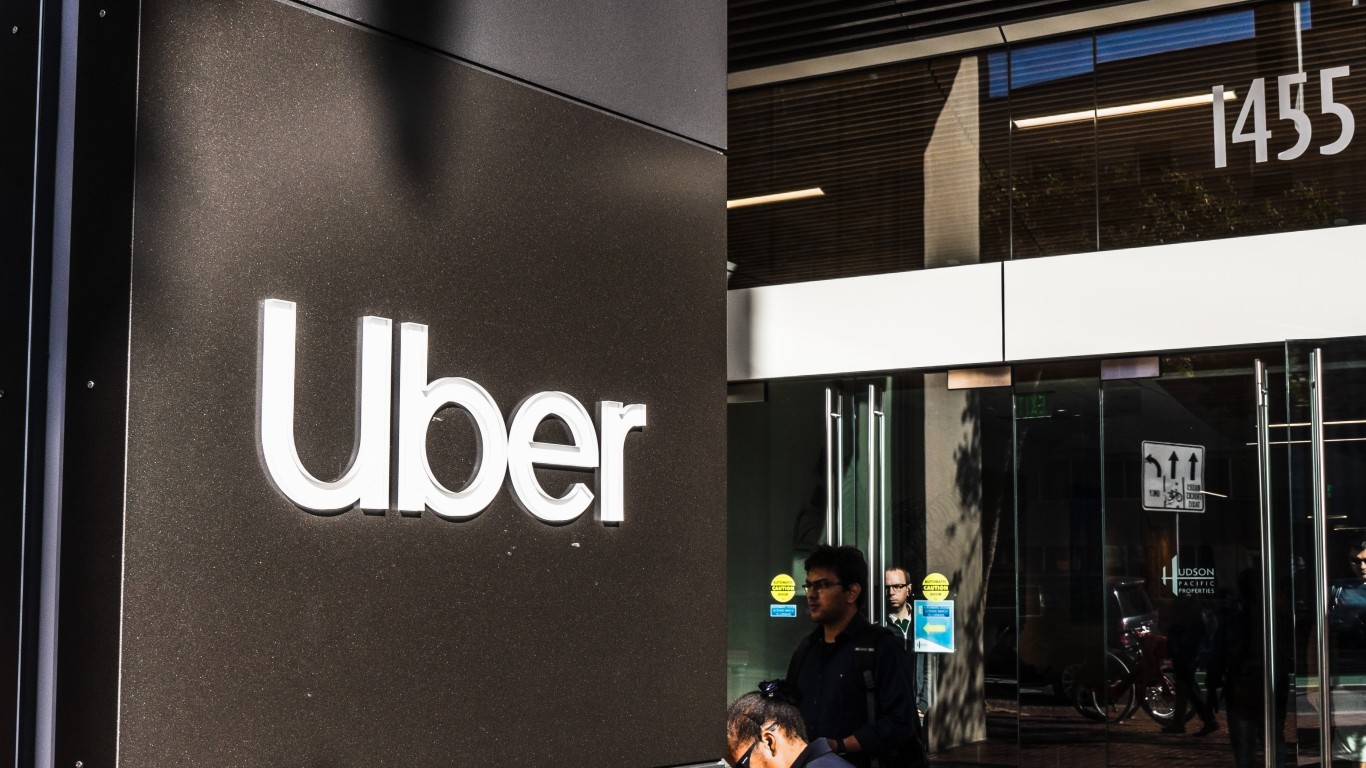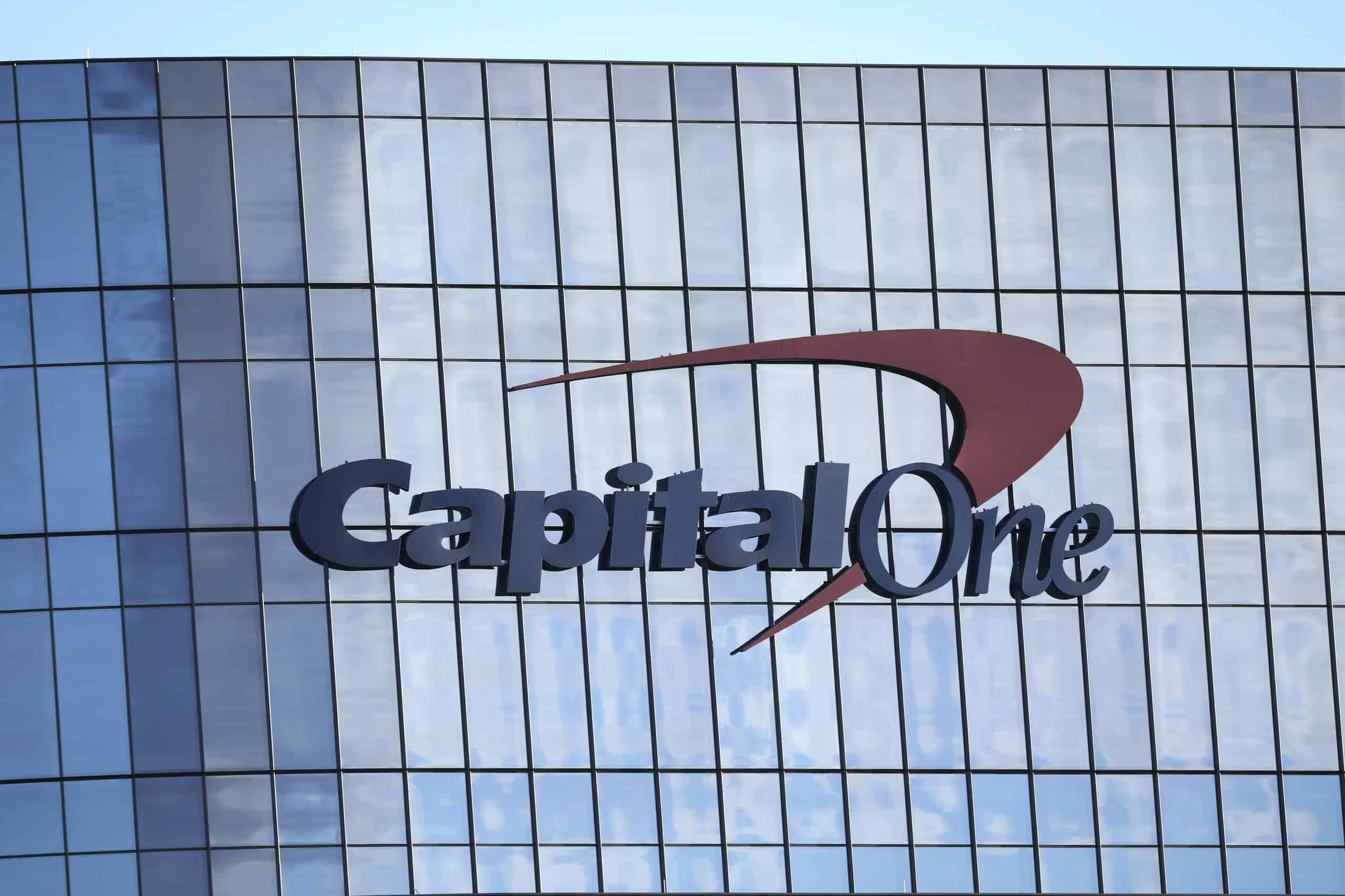Investing
Billionaire Owned Hedge Fund Dumps Uber And Buying These Stocks Instead

Published:

Forbes estimates Egerton Capital CIO John Armitage’s net worth is $1.5 billion. Armitage co-founded the UK-based hedge fund in 1994. According to LCH Investments, the firm has generated $23.9 billion in net gains over the past 30 years.
If Egerton Capital and Armitage aren’t on your billionaire investor radar, they should be.
According to the hedge fund’s June 2024 ADV form, it had $16.1 billion in assets under management. On Feb. 2, it filed its latest 13F holdings report. It had $8.65 billion invested across 30 securities, all stocks.
Armitage and his 13-person investment team tend to do fundamental research on liquid, global large-cap stocks that have attractive valuations and possess significant upside potential.
In the latest quarter, Egerton closed out of eight stocks, the most significant sale being Uber Technologies (NASDAQ:UBER), while it bought into several financial services stocks.
Here’s how and why of the billionaire’s latest moves.

As I mentioned in the introduction, the hedge fund sold all its Uber stock in the fourth quarter. The question is whether it did so to take profits or find better opportunities—first, the details.
Egerton sold 3.38 million shares of Uber stock in the quarter. As of the end of September, Uber accounted for 2.56% of the hedge fund’s portfolio. The company first acquired 1.79 million shares in Q2 2024 and added 1.6 million in the third quarter of 2024.
According to WhaleWisdom.com, Egerton paid an average of $70.98 a share for its 3.38 million shares. Based on the high ($87.00) and low ($59.33) in the fourth quarter, the average of the two is $73.17, suggesting Armitage and his colleagues likely generated some profits from the sale. At the high, it would have generated an annualized return of approximately 31%.
The odds are good that it sold its Uber shares earlier in the fourth quarter when they were in the $80s. By mid-December, they had fallen below $60. Bill Ackman recently announced that Pershing Square Capital had acquired 30.3 million Uber shares, beginning its buying in early January in the low $60s.
Egerton may report its Q1 2025 13F holdings in mid-April, and UBER will return to its concentrated portfolio. For now, however, it’s closed out.

Egerton bought eight new stocks in the fourth quarter. Five were financial services businesses, while a sixth was Howard Hughes Holdings (NYSE:HHH), a real estate development firm whose largest shareholder is Bill Ackman.
The six finance-related businesses account for 9.3% of Egerton’s total assets. Add in the existing eight financial stocks, and the sector’s weight is 39.0%, by far the largest sector concentration by the hedge fund.
Capital One Financial (NYSE:COF) and CME Group (NASDAQ:CME), the hedge fund’s 15th and 17th-largest holdings, were the two most significant finance buys. Together, they represent nearly 6% of Egerton’s portfolio.
According to WhaleWisdom, Egerton paid $166.33 a share for COF and $226.97 for CME. Based on current share prices, it has already profited from these bets.

Capital One is acquiring Discover Financial Services (NYSE:DFS) for $35.3 billion. On Feb. 12, Discover issued a press release indicating that, due to regulatory issues, the closing of its sale to Capital One would be delayed by three months to May 19.
Given the Trump administration’s anti-regulation policies and desire to shutter the Consumer Financial Protection Bureau (CFPB), the merger is unlikely to proceed smoothly.
Although Capital One is acquiring to defend its position in credit card loans—its loan portfolio would be larger than JPMorgan & Chase’s (NYSE:JPM)—the biggest reason is to gain Discover’s payment network, allowing the combined entity to deal directly with merchants.
As a payments company, Capital One will be able to grow its credit card volume significantly while keeping newer fintechs at bay.
CME Group just reported record annual revenue and adjusted net income in 2024. Revenues were $6.13 billion, and net income was $3.48 billion, with a high net margin of nearly 57%. =
While analysts are conflicted about CME stock—of the 17 analysts covering it, only five rate it a buy—Armitage and the rest of his investment team clearly feel differently.
The last few years made people forget how much banks and CD’s can pay. Meanwhile, interest rates have spiked and many can afford to pay you much more, but most are keeping yields low and hoping you won’t notice.
But there is good news. To win qualified customers, some accounts are paying almost 10x the national average! That’s an incredible way to keep your money safe and earn more at the same time. Our top pick for high yield savings accounts includes other benefits as well. You can earn up to 3.80% with a Checking & Savings Account today Sign up and get up to $300 with direct deposit. No account fees. FDIC Insured.
Click here to see how much more you could be earning on your savings today. It takes just a few minutes to open an account to make your money work for you.
Thank you for reading! Have some feedback for us?
Contact the 24/7 Wall St. editorial team.